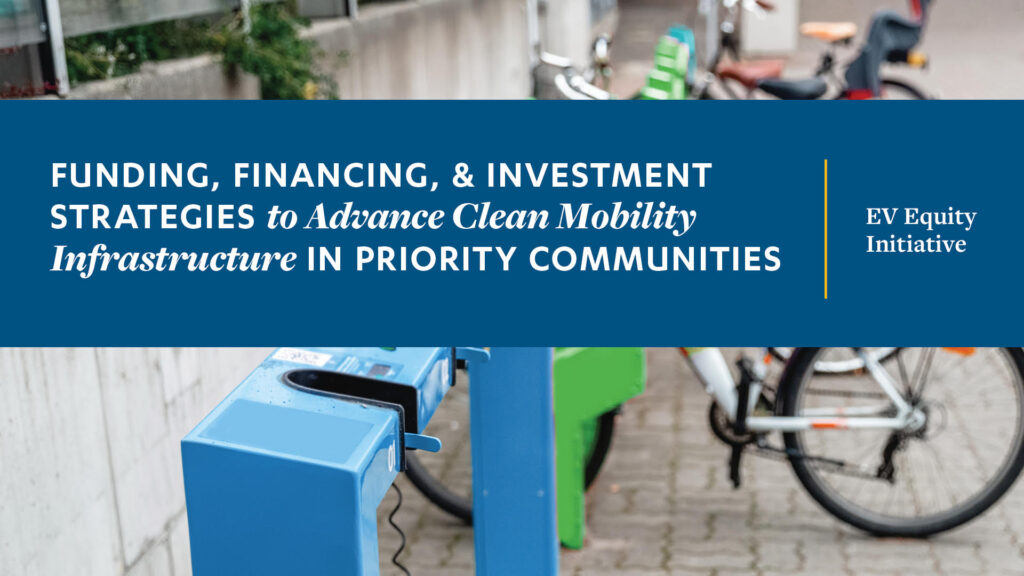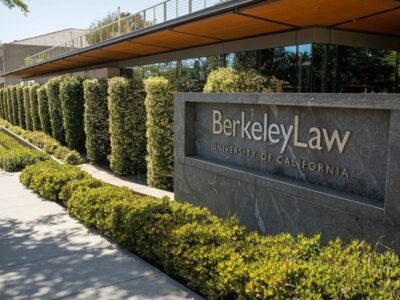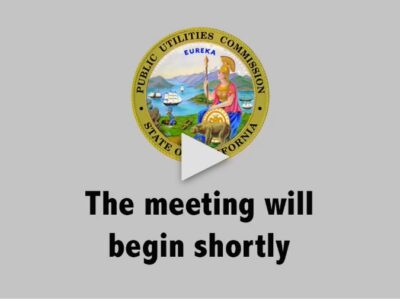Financing and Investment Strategies for an Equitable Clean Mobility Transition
New CLEE / Prospect Silicon Valley report outlines top strategies from a series of expert convenings
The transition to 100 percent zero-emission vehicle (ZEV) sales by 2035 will require massive investment in electric vehicle charging infrastructure throughout California and in other states that have adopted the same phaseout targets. A variety of structural barriers to charging access make California’s priority populations particularly reliant on public charging infrastructure to meet their ZEV needs. Ensuring that these Californians are included in and benefit from the clean mobility transition in a timely manner will require proactive strategies that deliver equitable access to public charging infrastructure.
The California Energy Commission projects 2.11 million public and shared private chargers needed to support roughly 15.2 million statewide plug-in light-duty vehicles in 2035. As of May 2024, California’s publicly accessible EV charger stock hovers around 105,000. Given the many billions of dollars needed to expand public charging infrastructure in the coming decade and the limitations of city and county budgets, it is clear that investment and financing innovations will be necessary. Local leaders will need to carefully design programs to meet communities’ mobility needs and promote EV access for all. They will also need to ensure that revenue sources are equitable, reliable, long-term, and developed through community partnerships.
As part of our EV Equity Initiative, CLEE partnered with Prospect Silicon Valley (ProspectSV) to convene an advisory group of experts in climate and public finance, clean mobility, and city infrastructure investment to develop innovative proposals for funding mobility infrastructure. Our resulting report outlines the top investment strategies identified by the group to bring city-scale and mobility infrastructure solutions to fruition.
Key concepts include:
- Pairing city-guaranteed charger utilization with fleet charging to jumpstart EV charger deployment in priority communities. Local governments can provide guaranteed minimum usage of chargers that incentivize EV charging investment in select parking sites either for city-owned EVs or in combination with private fleets to ensure charger utilization and baseline financial support for initial years of operation.
- Developing clean mobility hubs using a combination of public and private funds and/or partnerships. Leveraging multiple partnerships and funding streams can strengthen a mobility hub’s financial stability and diversify its set of services available to communities.
- Leveraging state green bank financing programs that can allocate dedicated funds toward equitable mobility projects. California’s Infrastructure and Economic Development Bank, for example, includes a fund that can support climate-related projects (with potential to incorporate public charging development) using various financial instruments.
- Crafting general obligation and revenue bonds to build EV charging and mobility infrastructure. Charging infrastructure falls squarely within the category of publicly accessible transportation infrastructure typically funded by local agencies’ bond issuance authority.
The insights and analyses in this report are intended to guide local leaders as they develop public EV charging infrastructure. Each proposed strategy must be adapted for a local context to optimize its financing model and to meet the needs of the communities it is intended to serve. CLEE and ProspectSV are working with partners to develop pilot concepts tailored to Bay Area municipalities using the report’s proposals as starting points. By pairing equitable investment principles with innovative financing and revenue models, local leaders and EV charging developers can help ensure that California’s clean mobility transition serves all residents.
Access the full report here – Funding, Financing, & Investment Strategies to Advance Clean Mobility Infrastructure in Priority Communities








Reader Comments